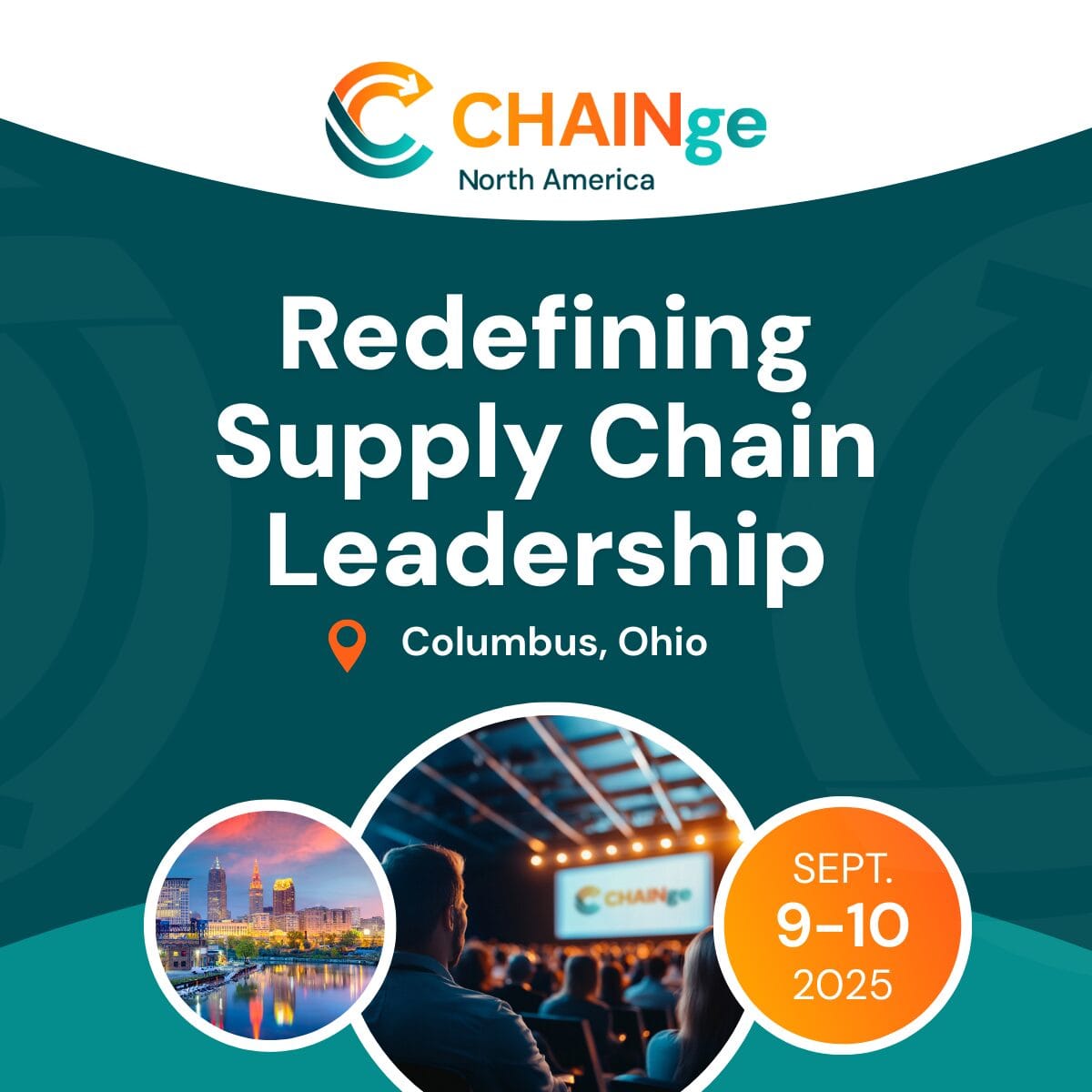How People, Not Just Technology, Will Shape the Future of Logistics
“If your organization is in the middle of transformation or change, join the conversation. Supply chain is still about people.”
– Bart De Muynck
In a world of AI, predictive analytics, and digital twins, you might think that technology is the biggest driver of innovation in logistics.
You’d be wrong.
In a recent episode of the Does Logistics Matter? podcast, host Martijn Graat was joined by supply chain veterans Bart De Muynck and Abe Eshkenazi for a deep dive into the future of supply chain management. While technology featured heavily, one message came through loud and clear:
The greatest competitive advantage in supply chains today?
Not platforms. Not software.
People.
Abe is the CEO of the Association for Supply Chain Management, and Bart is an Industry Expert and Conference Chair at ChainGE.
Logistics is Now Critical
The episode opened with the show’s signature question: “Does logistics matter?”
Abe answered with conviction: “Of course it does.”
Bart went one step further, arguing that logistics no longer just “matters”, it has become critical.
Why? Because everything in modern commerce depends on it. Sales and marketing can make promises, but it’s logistics that keep them.
“Without logistics,” Bart said, “it’s like trying to drive a car without wheels.”
Volatility is the New Normal
From pandemic-related delays to political instability and climate disruptions, supply chains today operate under relentless pressure.
Abe explained that the biggest challenge isn’t just speed or cost, but how companies can deliver responsibly, resiliently, and transparently.
Three pillars that keep coming up?
🔍 Visibility
🔗 Traceability
📈 Data-driven agility
But here’s the twist: technology alone isn’t enough to solve these problems.
Supply Chains Are Powered by People
Throughout the conversation, both guests stressed a vital point: digital transformation is still human-led.
“Too many companies start with the tech,” Abe noted, “but forget the people who need to use it.”
Today’s most successful supply chain organisations aren’t just investing in software; they’re investing in talent development, leadership, and organisational culture.
That means:
- Upskilling current employees
- Building bridges between generations (reverse mentoring!)
- Creating environments where innovation is encouraged, not feared
And crucially, ensuring that people trust the tech and that it is aligned with the processes and needs of the people who use it.
Diversity, Inclusion & Equity Still Lag Behind
While more women are entering supply chain roles than ever before, and even out-earning men in starting salaries, the gender pay gap reverses over time. Bart and Abe were clear: recruitment is improving, but retention is where we’re failing.
Companies say, “Our people are our most important asset.” But are they putting their money and mentorship where their mouth is?
Collaboration: No Longer Optional
One of the strongest themes in the episode was the importance of collaboration.
Whether it’s:
- Cross-functional collaboration inside companies
- Cross-industry collaboration across sectors
- Or peer-to-peer learning at events like the ASCM Change Program
…it’s clear that no one can solve today’s supply chain challenges alone.
“If you’re serious about transformation,” said Abe, “go have coffee or a beer with someone in your network. Learn. Share. Collaborate.”
What’s Next: Strategy Before Software
So, where should companies start? In the episode Abe and Bart go deeper into the role of strategy and how it interconnects with both people and tech. But one thing is key: In a world where change is the only constant, it’s not technology that makes the difference; it’s the people who use it.
If you want to learn about where to start, how to align processes, technology, and people and how to attract and retain people, listen to the podcast via the player below or in your favourite podcast app.






